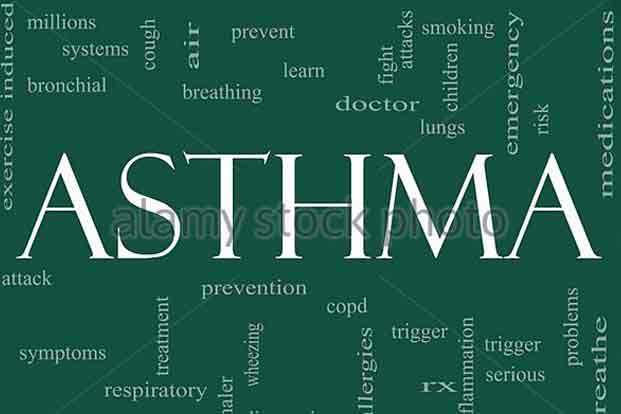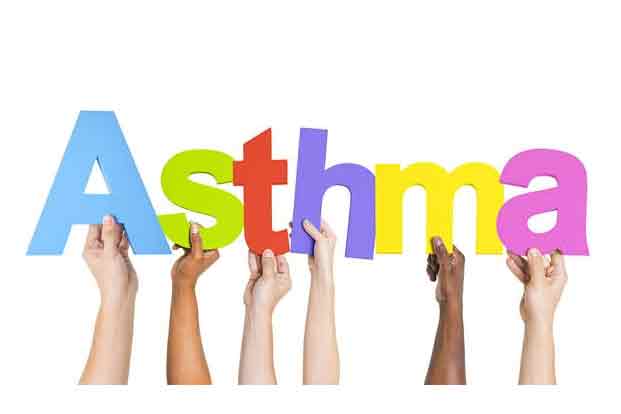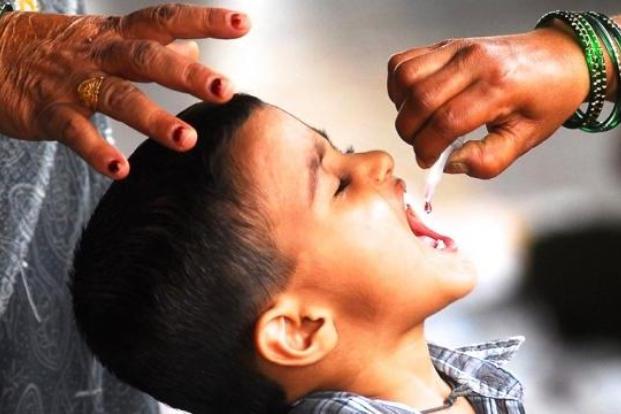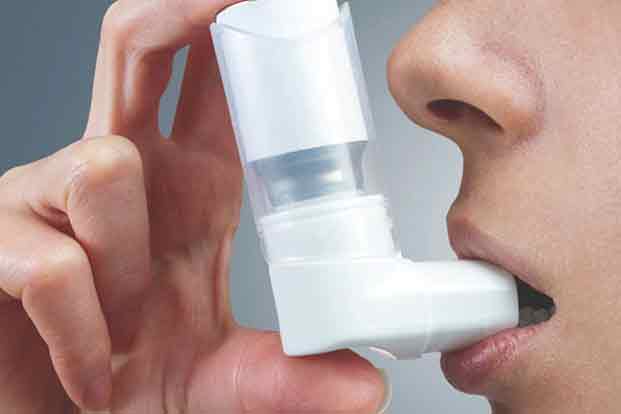What diseases do Vaccines prevent?

Apr 19, 2022
Vaccine Preventable Diseases (VPD) is those infections for which an effective vaccine exists. The diseases against which effective vaccines exist are as follows
Tuberculosis, Diptheria, Pertussis, Tetanus, Polio, Haemophilus Influenzae type b, Hepatitis B, Pneumococcal Disease,Rotavirus gastroenteritis, Measles, Rubella, Mumps, Cholera, Meningococcal disease, Influenza, Hepatitis A,Typhoid fever, Hepatitis E, Tick-borne encephalitis, Rabies, Varicella and herpes zoster (shingles),Human papilloma-virus,Yellow fever, Japanese encephalitis

PERTUSSIS
Pertussis (a whooping cough) may be mild or serious and is easily passed from person to person. Pertussis can cause spells of coughing and choking that make it hard to eat, drink or breathe. The coughing can last for weeks.
POLIO
Polio is a very dangerous disease. Some children and adults who get a serious case of polio become paralyzed (unable to move parts of their bodies). Sometimes polio may make it difficult to breathe without the help of a machine. Some people may even die.
MEASLES
Measles (rubella or hard measles) is a very serious disease that is easily passed from person to person. It causes a high fever, cough, runny nose, sore eyes and rash lasting one or two weeks. Ear infections and pneumonia can also develop. In serious cases, measles can cause an infection of the brain, hearing loss, developmental disability or death.
MUMPS
Mumps can be a serious disease. It lasts for several days and is easily passed from person to person. Mumps can cause fever, headache, swollen or painful glands under the jaw, a mild swelling of the brain and spinal cord, and hearing loss.
RUBELLA
People who get rubella can have a mild fever, swollen glands in the neck, a rash that lasts up to three days, and soreness or be swelling in the joints. This soreness or swelling usually lasts for a week or two. In rare cases, it may last for months or years and may come and go. The pain and swelling are more likely to occur in women.
HAEMOPHILUS INFLUENZAE TYPE B (Hib)
Hib disease is caused by an infection spread by coughing, sneezing or close contact. Hib disease can cause a swelling of the brain that can lead to developmental disability, hearing loss, weakened sight, or speech problems.
HEPATITIS B
Hepatitis B is a liver disease that is spread by contact with blood or body fluids of a person who has hepatitis B. It can lead to severe illness, lifelong disease, scarring (cirrhosis) of the liver, liver failure, liver cancer or death.
TETANUS
Tetanus (lockjaw) can occur after a cut or wound lets the germ into the body. Tetanus makes a person unable to open his or her mouth or swallow and causes serious muscle spasms.
DIPHTHERIA
Diphtheria is a very serious disease. It can make a person unable to breathe or cause paralysis (unable to move parts of the body) or heart failure. About one in every 10 people who get diphtheria dies from it.







